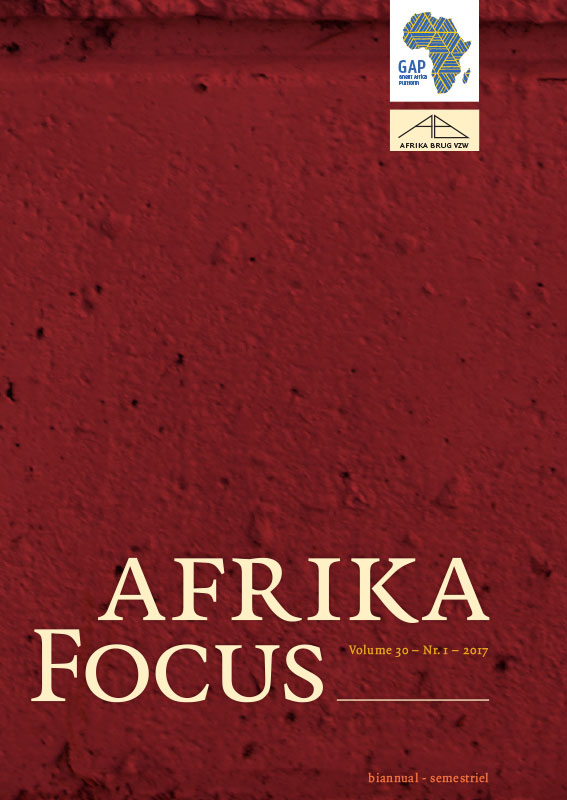Social inclusion, care and belonging of children with spina bifida: perspectives from Uganda
DOI:
https://doi.org/10.21825/af.v30i1.4984Abstract
This study presents a situation analysis on daily functioning, caregiving, and inclusion of children with spina bifida in Uganda. 139 children with spina bifida and their families from 4 regions in Uganda participated in this study. Findings show how a complex play of cultural values, globalization and access to biomedical care determines knowledge, and negative attitudes about, and perception of children with spina bifida. Families and private non for profit organisations are the main providers of care of the children. Children with spina bfida had a more negative perception of themselves, were less likely to be in school, and had lower cognitive outcome compared to their siblings. Daily functioning and social inclusion were affected by motor function, incontinence, lack of support for caregivers, low household income, limited resources and knowledge of inclusive teaching, bullying, and inaccessibility of public transport, roads, and buildings. Positive experiences of belonging were found at family and household level and were closely related to the ‘ubuntu’ concept. When a child belongs, the child has a chance to live, to participate, to become, to be included. To facilitate inclusion, families need to be supported, and negative attitudes and behaviour of community members, teachers, and health workers need to be addressed. Key words: disability, inclusion, spina bifida, Uganda, AfricaDownloads
Published
How to Cite
Issue
Section
License
Authors who publish with this journal agree to the following terms
Authors retain copyright and grant the journal right of first publication with the work simultaneously licensed under a Creative Commons Attribution License that allows others to share the work with an acknowledgement of the work's authorship and initial publication in this journal.
Authors are able to enter into separate, additional contractual arrangements for the non-exclusive distribution of the journal's published version of the work (e.g., post it to an institutional repository or publish it in a book), with an acknowledgement of its initial publication in this journal.
Authors are permitted and encouraged to post their work online (e.g., in institutional repositories or on their website) prior to and during the submission process, as it can lead to productive exchanges, as well as earlier and greater citation of published work (See The Effect of Open Access).


